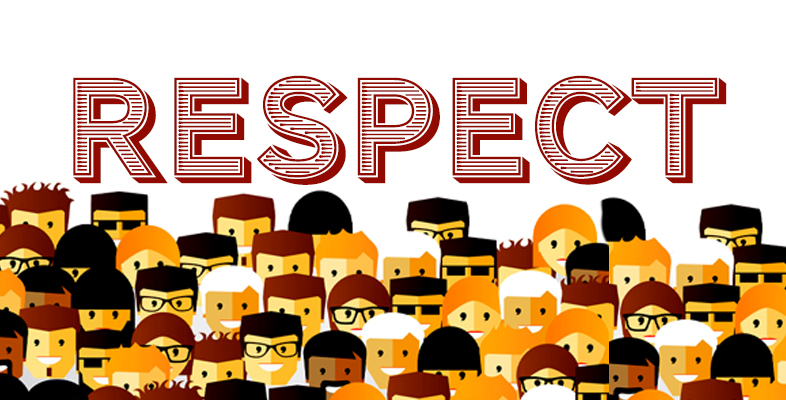2 Fieldwork – alone or with partners and co-researchers?
A researcher is not a solitary lighthouse keeper. When grappling with difficult decisions and complex data, rather than feeling at sea, you might appreciate the fresh perspectives offered by others.
Most of us will be involved in working in teams or communities at some stage in our professional or study lives. You might find such teamwork to be a source of inspiration, a constraint or perhaps a bit of both.
Whether a sole or team researcher, your conduct and decisions impact on others. All the researchers you have met so far have worked with partners and peers at some stage. In this section you will consider the opportunities and challenges this brings.
Activity 2 Comparing solo with team researching
Consider the following activities you might find yourself engaged in as a researcher. Think about the advantages and disadvantages of working alone or with a partner/co-researcher as part of a team for each activity. Decide whether you would prefer to be in a team or working alone in each situation, and make a note of your thoughts. It might be helpful to have a real or imaginary research project and context in mind.
| Research activity | Solo | Team |
| Interviewing close colleagues inside your own organisation | ||
| Deciding what to include and what to leave out of a survey | ||
| Making arrangements for field work in more than one site over a wide geographical area using a travel budget | ||
| Stopping field work when participants become upset and seek a debriefing | ||
| Making observational notes in a group setting | ||
| Using an unfamiliar software package for analysing data | ||
| Conducting field work where the language and culture is new to you | ||
| Coding and grouping of data for analysis | ||
| Responding to a senior person who wants to influence your research for a different agenda | ||
| Establishing trust in research relationships before collecting data on sensitive topics | ||
| Interrupting field work when the situation becomes physically or psychologically unsafe | ||
| Finding out something unexpected and exciting in your data | ||
| Identifying a concerning safeguarding issue during field work | ||
| Designing a poster to disseminate your emerging findings | ||
| Making a presentation about your research |
Discussion
You might have had a clear preference for some of the activities, depending on your imagined or real research context. For example, when creating new knowledge by interviewing colleagues, then as an insider you might prefer to introduce a new member of the team to avoid bias or to interview alone because colleagues trust you. If you are interviewing someone in a new context or in a language in which you are not sufficiently fluent, you will clearly need some element of teamwork for access and translation.
At the dissemination stage, a team of researchers might benefit from sharing out tasks and learning from others’ strengths, even though this involves both time and compromise.
Research is never a truly solo enterprise due to the accountabilities at every stage. If you tackle some aspects alone and others with a partner you will have the opportunity to build your skills and relationships.
However, consider whether this partner will benefit from being part of the research in the same way as you. If not, there is a risk they might not give the time and attention you would hope. If there are power issues, there is a risk that the partner might either try to dominate the decision-making or leave the bulk of the work to you. Also consider whether you are going to acknowledge a partner in the dissemination, even if they did not contribute an equal amount of the effort. Conversely, if you are asked to participate in collaborative research, check what your role will be and whether you will be acknowledged. These are important issues to be open and honest about in order to work collaboratively in research.

